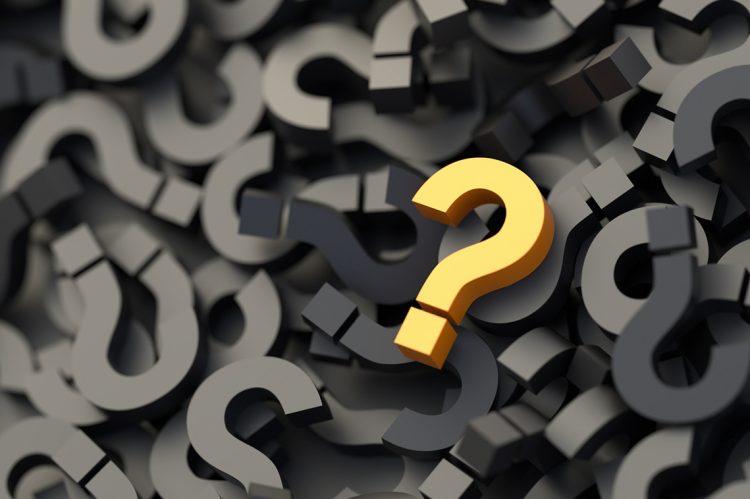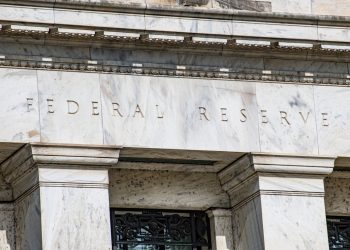Are you wondering what you should ask the lender you’re planning on using?
When buying a home, choosing your mortgage lender is an important decision. But before you decide which loan is right for you, there are some questions to ask a mortgage lender. These questions will ensure you make the best decision that could significantly affect your finances.
When you meet with a loan officer, ask these questions to make the best decisions.
What types of home loans are available?
You need to find out if the lender offers the type of loan that suits your situation. While they will provide fixed-rate and adjustable-rate mortgages (ARMs), how long is the fixed-rate period on the ARMs?
If this period isn’t that long, you will pay more interest as the lower introductory rate ends sooner.
Are they offered if you want a loan backed by the government, like FHA or VA? Understanding what the best mortgage loan is for you should be a primary concern.
Which mortgage is right for me?
Your lender should recommend the right mortgage based on the information you provide. They should give this in writing so you can see the benefits and the drawbacks, making it easier to compare to other loans.
Ask them to explain alternatives and any costs you aren’t entirely sure about. You should feel comfortable with questions to ask a loan officer and the answers they give; if not, they might not be the lender for you.
How much will the interest and annual percentage rate be on the loan?
Two interest rates will be provided by the lender, one of these is the base interest rate, and the other is the annual percentage rate (APR). The APR includes the base interest rate along with the closing costs.
The difference between these rates indicates how high the costs are on the loan.
What will the loan estimate be?
A lender must estimate all the fees and closing costs added to the loan. The lender has to give this estimate within 3 business days of your completed loan application.
A new loan estimate should be issued if anything changes that will affect your mortgage costs.
Within 3 days of closing, the lender has to provide a Closing Disclosure. This might vary slightly from the previous estimate, as third-party fees can rise up to 10%.
What is going to happen if the home does not appraise?
The lender requires the appraisal to ensure they are not lending more than the home is worth. If the appraisal value is lower than the amount you have offered for the home, an appraisal gap will have to be closed.
This might mean finding the difference between the appraisal and the offer, renegotiating with the seller, or challenging the appraisal report.
In the underwriting completed in-house?
Underwriting ensures that the information you have provided to the lender is correct and that you qualify for the loan. It matters if it is completed in-house so that you know what to expect and can contact them.
How long will it take to process the loan?
The lender should know the average time it takes to process mortgages. This can be important if the seller wants to move quickly. If you are refinancing, the average closing time is likely to be sooner due to an appraisal not always being necessary.
Will my loan be sold?
Though you might expect the lender to take your payments over the course of the mortgage, often, that isn’t the case.
Lenders usually pass their loans onto investors like Fannie Mae or Freddie Mac, but this doesn’t automatically mean you will have nothing further to do with the lender. They might still be the ones servicing the loan, so they will be involved if you have issues making payments.
How much will servicing cost?
Collecting and processing payments, as well as handling escrow, is known as servicing the loan. These fees can appear hidden, so make sure you ask about them. The lender might have an online payment fee that you will pay every time you make a payment.
However, you might not always get a clear answer when you ask this question. Sometimes the lender will sell the rights to service your loan after it closes to make them more money, likely leading to higher fees for you.
What do I need to bring to closing?
Being ready for closing is essential, particularly if you have to travel to sign the contracts. You might need to bring your driver’s license and cashier’s check, but it is crucial to ensure you know exactly what is expected.











